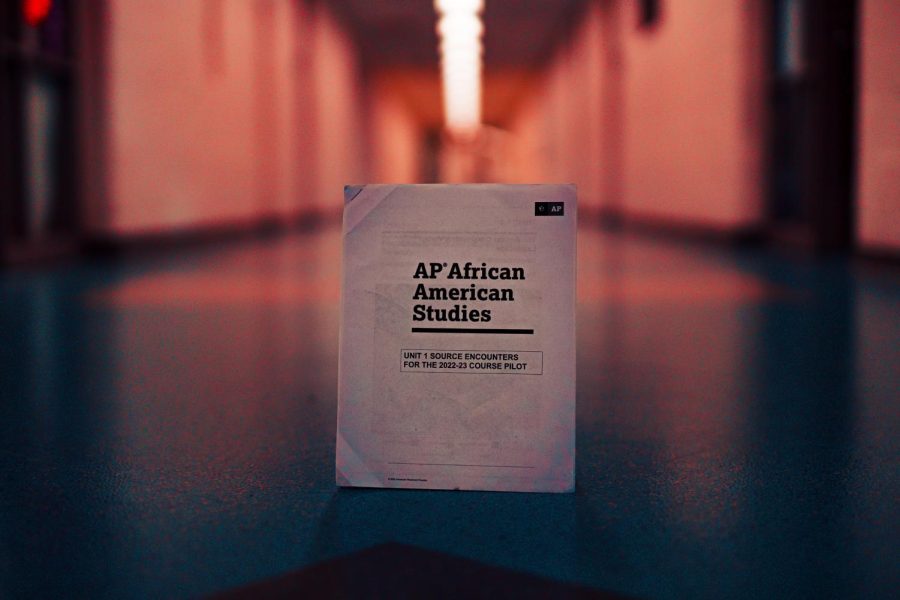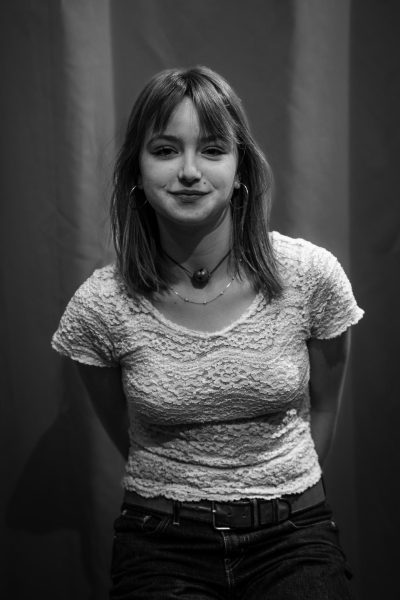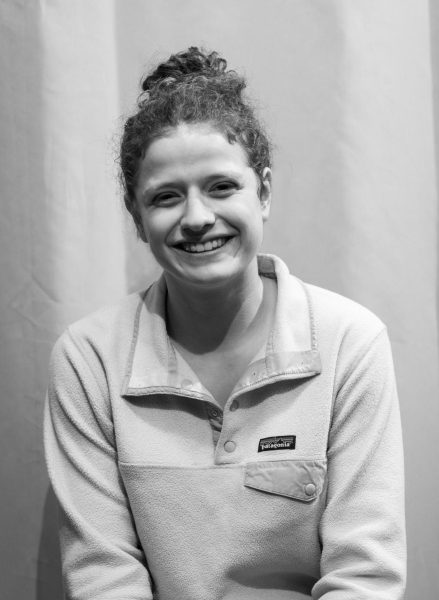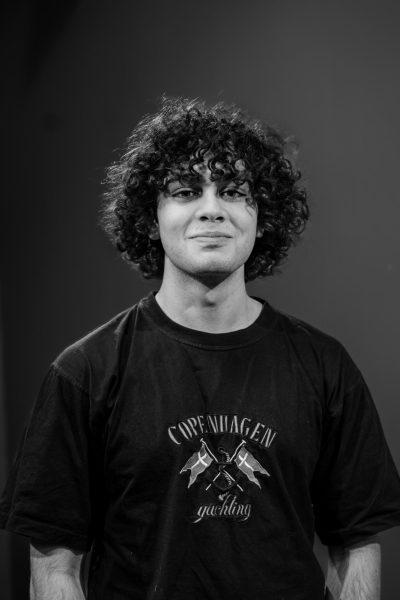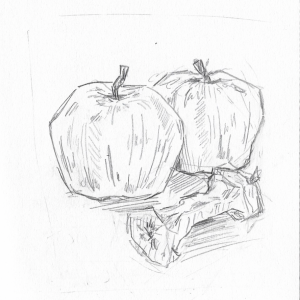CRLS Pilots New AP African American Studies Course Outlawed in Florida
APAAS is the first Black studies course by the College Board.
May 3, 2023
In recent months, College Board’s new AP African American Studies (APAAS) course has made front page news in national newspapers, following its ban in Florida public schools. The state’s Department of Education explained that this course was “inexplicably contrary to Florida law”, while Florida’s Commissioner of Education even tweeted that, “We do not accept woke indoctrination masquerading as education.” As one of only a handful of schools nationwide piloting this course, CRLS students and teachers are finding themselves front and center in this debate.
The curriculum, trialed by CRLS’s Ms. Rachel Williams-Giordano, provides an evidence-based foundation to a history that has previously been marginalized in education. Ms. Williams-Giordano is also part of a select group of educators who will be introducing the next wave of teachers to the curriculum when it expands to about 200 high schools in 2023-24. She told the Register Forum, “I am part of a community of teachers that have helped me improve my skill as an educator, and have been excellent thought partners.”
APAAS isn’t the first class on Black studies to be offered at CRLS, but it’s the first one within College Board’s Advanced Placement curriculum. It’s a popular course: “Every time I ask a student about APAAS, their eyes just light up,” African American Literature teacher Ms. Natasha Labaze told the Register Forum. “Of course,” said Ms. Williams-Giordano, “any time when there is engagement with race, people feel the need to take a platform on it.”
The censorship of APAAS has generated a national outcry, with many criticizing Ron DeSantis, governor of Florida. At CRLS, this is even more deeply felt. “It’s clear that from 95% of what I’ve read about this course that most people speaking on it haven’t actually read the content,” says Ms. Williams-Giordano. Students in the class agree. “I think there’s a real misconception about APAAS in that it’s part of some agenda, or that there’s a hidden motive behind the curriculum,” Agustina Leon-Perdomo ’24 told the Register Forum. She continues, “It’s really just facts about a part of history that has historically been silenced, and that is evidently still being silenced today.”
Leon-Perdomo observed that the media attention has invaded APAAS class time, as students have discussed how to respond to interview requests. “We have been trained to defend our education before we’ve even completed the course,” she told the Register Forum. “Educating the ignorant has now become our burden, something Eurocentric history classes haven’t experienced.”
Still, CRLS teachers and students see an upside to the attention the course is receiving. “This opposition is only making this curriculum stronger,” said Ms. Labaze, “The need to create a just and loving society has called us to action, and this action is to continue to research and to learn and to educate.”
Ms. Labaze reflected on how far the field of African American Studies has come since there were just two departments offering doctoral degrees in the field when she first entered it. “As a teacher,” says Ms. Labaze, “it is my duty to remind students that Black culture is thriving, black culture is blooming, and it will always continue to survive as we celebrate our beauty, our tenacity as people, and our humanity.”
This article also appears in our March 2023 print edition.

